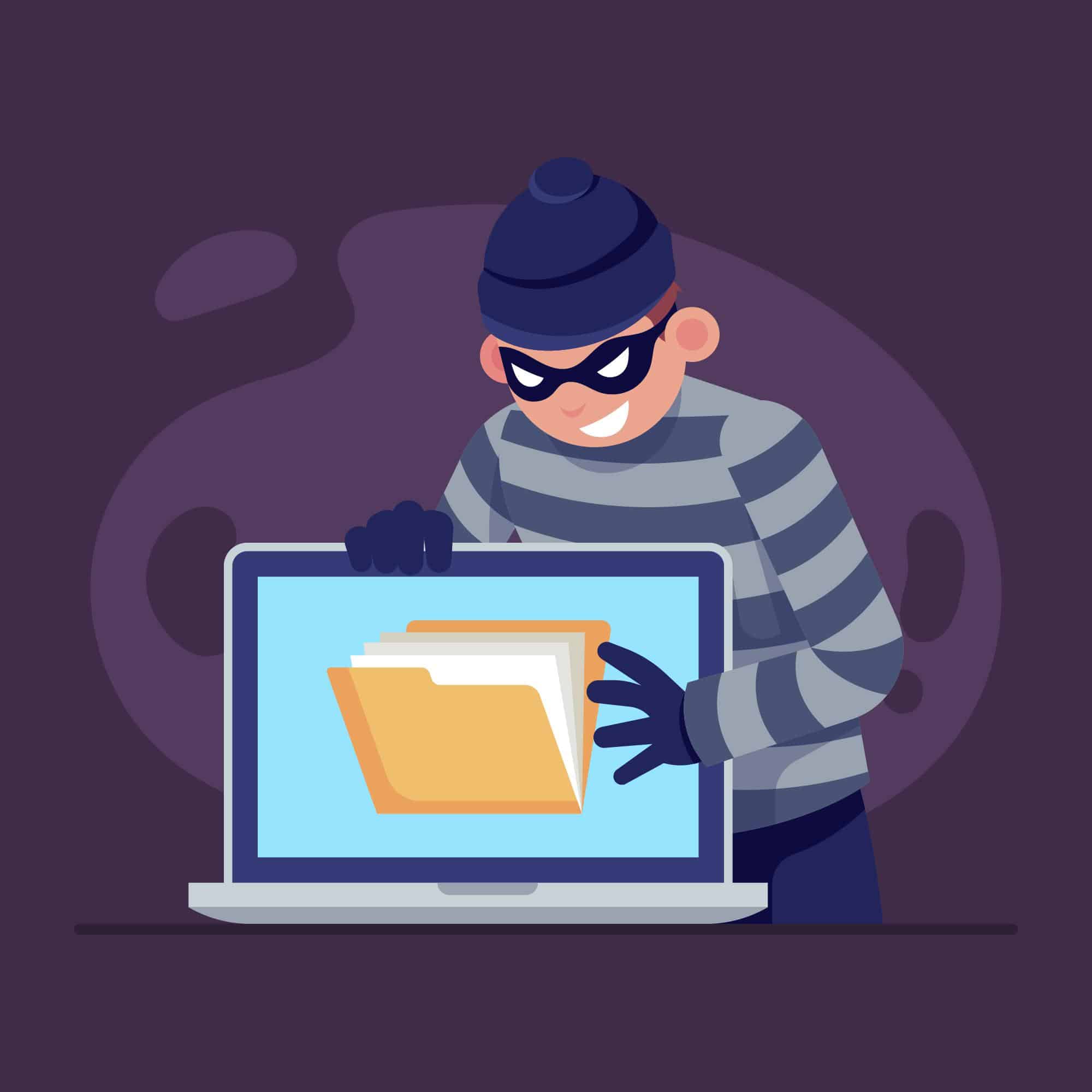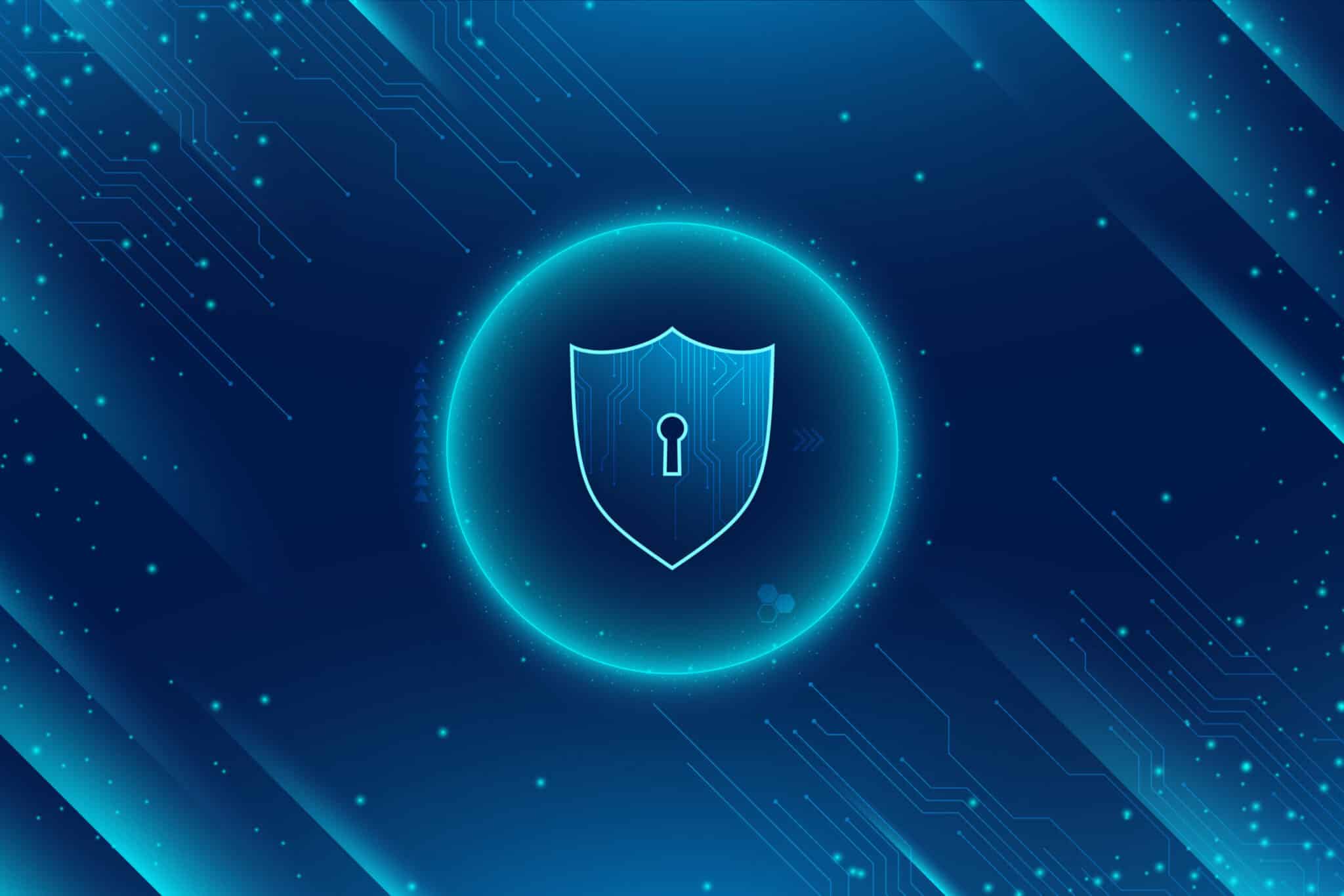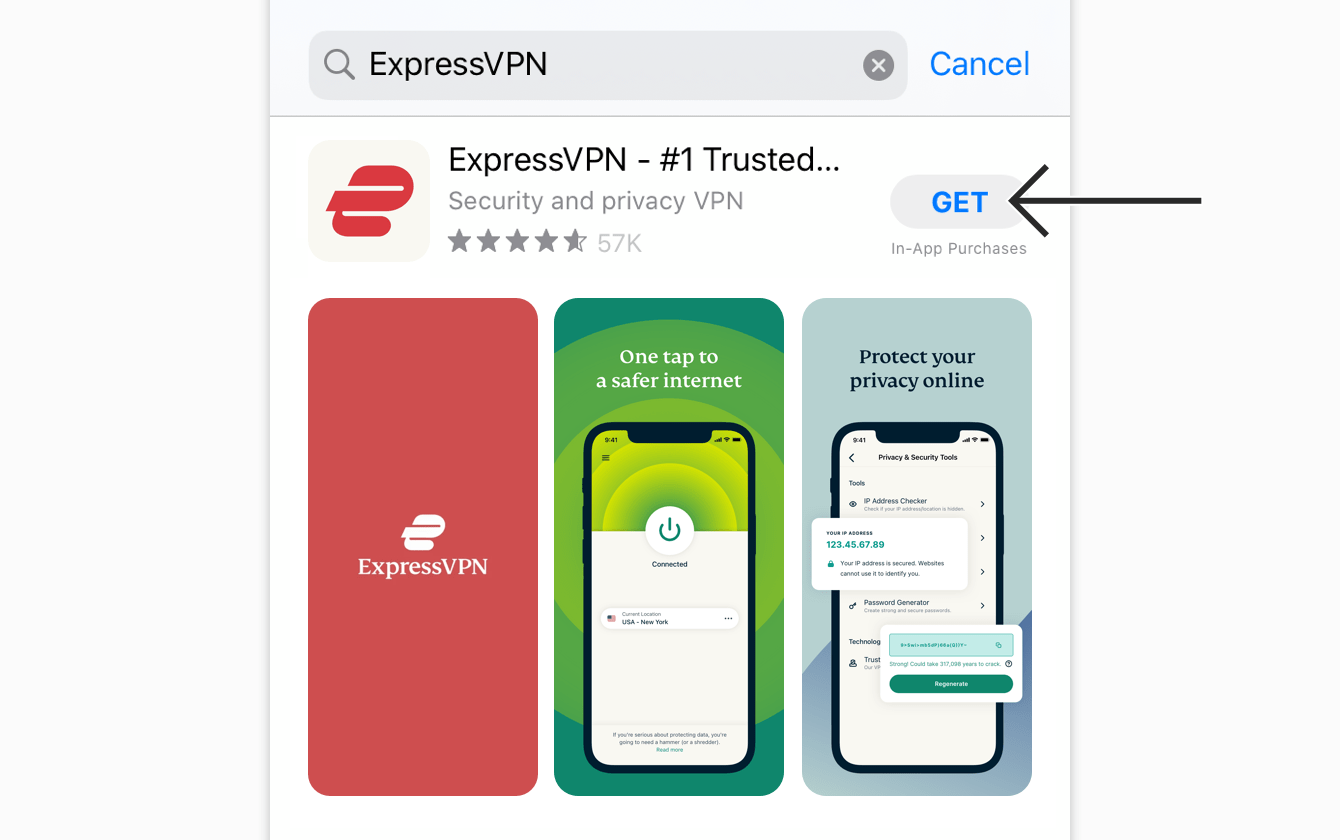Best way to protect your privacy is to use a VPN we recommend using Express VPN due to its reputation in the industry

Protect Your Privacy from Your ISP with VPN. No Activity or Connection Logs. 24/7 Support. See for Yourself. Try the World’s Best VPN Risk-Free With a 30-Day Money-Back Guarantee. Updated Daily. Live Chat Available. Works on Any Device. 160 VPN Locations.
In today’s digital age, the internet has become an integral part of our daily lives. We use it for communication, entertainment, shopping, and even banking. However, as we continue to share more and more personal information online, it’s important to understand the importance of online privacy and why it’s crucial to protect it.
The Importance of Protecting Online Communications
Personal information is a valuable commodity in today’s digital age, and unfortunately, it can be misused in a variety of ways when shared online. Here are a few examples of how personal information can be misused online:
Identity theft: One of the most significant risks of sharing personal information online is identity theft. Cybercriminals can use personal information such as names, addresses, and social security numbers to open credit card accounts, apply for loans, and even commit fraud. For example, a criminal can use your personal information to open a credit card account in your name, run up a large balance and then not pay it, leaving you with the debt. Another example is, a criminal can use your personal information to take out a loan in your name, default on it and leave you with the debt and a ruined credit score.
Online harassment: Personal information can also be used to stalk, harass, and threaten individuals online. Cyberbullies can use personal information to find and contact victims, making it difficult for them to escape the harassment. For example, A cyberbully can use your personal information to create fake social media accounts and impersonate you to harass your friends and family. Another example is, a cyberbully can use your personal information to contact you repeatedly and send threatening messages, making you feel unsafe and vulnerable.
Targeted advertising: Companies and advertisers can also use personal information to target individuals with specific ads and promotions. While targeted advertising can be beneficial in some cases, it can also be used to invade personal privacy and make individuals feel like they are being watched and monitored. For example, An advertiser can use your personal information to target you with ads for products that you have previously searched for online, making you feel like your online activity is being tracked. Another example is, an advertiser can use your personal information to target you with ads for products that you have previously purchased, making you feel like your privacy has been invaded.
Scams and fraud: Personal information can also be used to scam and defraud individuals. Criminals can use personal information to impersonate financial institutions, government agencies, or other organizations to trick individuals into providing personal information or money. For example, a criminal can use your personal information to impersonate your bank and send you an email asking you to provide your account number and password, and then use that information to steal money from your account. Another example is, a criminal can use your personal information to impersonate the IRS and send you an email or phone call asking you to provide your social security number or credit card number, and then use that information to commit fraud.
Data breaches: Personal information can be compromised through data breaches, which are becoming more common. Data breaches occur when hackers gain access to a company’s databases and steal personal information. This personal information can then be sold on the black market or used to commit fraud. For example, a data breach at a major retailer can result in your credit card information and personal information being stolen, and then used to make unauthorized purchases or commit identity theft. Another example is, a data breach at a healthcare provider can result in your personal information and medical records being stolen and then used to commit fraud or to sell it on the black market.
Political and Social manipulation: Personal information can also be misused for political and social manipulation. With the advent of social media, personal information can be used to create targeted campaigns and manipulate public opinion. For example, personal information can be used to create fake social media accounts and spread false information or propaganda during political campaigns. Another example is, personal information can be used to target individuals with ads or messages that are designed to influence their political or social beliefs.
It is important to be aware that personal information can be misused online and to take steps to protect it. This includes being cautious about the personal information shared online, using strong and unique passwords, using privacy settings, and being aware of phishing scams. Additionally, using a VPN, installing anti-virus software, and being aware of data breaches can also help to protect personal information. By taking these steps and being aware of the potential risks, individuals can take control of their personal information and protect themselves from the dangers of the internet.
Ways to Protect Online Privacy
Use a VPN: A VPN (Virtual Private Network) is a valuable tool for protecting online privacy. A VPN encrypts internet connections, making it difficult for hackers and government agencies to intercept and read data. For example, when you connect to a VPN, all of your internet traffic is routed through a secure VPN server. This encrypts your data, making it unreadable to anyone who intercepts it, including hackers and government agencies. This means that even if someone intercepts your data, they won’t be able to read it, keeping your personal information and online communications safe.
Use secure passwords: Creating strong, unique passwords for each online account can help to protect against hackers. For example, a strong password should be at least 12 characters long and include a mix of upper and lowercase letters, numbers, and special characters. Using different passwords for each online account can also help to protect against hackers. If a hacker gets hold of one password, they won’t be able to use it to access other accounts.
Be cautious with personal information: Limit the personal information shared online, such as addresses and phone numbers. For example, when filling out an online form, only provide the information that is absolutely necessary. Avoid giving out personal information like your home address or phone number unless it is absolutely necessary.
Use privacy settings: Many websites and social media platforms have privacy settings that allow individuals to control who can see their personal information. For example, you can use the privacy settings on your social media accounts to limit who can see your posts and personal information. This can help to keep your personal information safe from hackers and cybercriminals.
Use anti-virus software: Installing anti-virus software can help to protect against malware and other cyber threats. For example, anti-virus software can scan your computer for malware and remove it before it can cause any damage. This can help to keep your personal information and online communications safe.
Be aware of phishing scams: Be cautious of unsolicited emails or messages asking for personal information. For example, a phishing scam may come in the form of an email or message that appears to be from a bank, government agency, or other legitimate organization and ask for personal information like passwords or credit card numbers. Always be cautious of unsolicited messages and never provide personal information unless you are certain of the legitimacy of the request. Also, be on the lookout for suspicious links or attachments in emails and messages, as these may contain malware or lead to phishing websites.
In conclusion, online privacy is crucial in today’s digital age. By understanding the importance of protecting personal information and online communications, individuals can take steps to safeguard their online privacy and maintain control over their personal information. By using the best practices such as using a VPN, secure passwords, being cautious with personal information, and being aware of phishing scams, you can protect yourself from the dangers of the internet.



